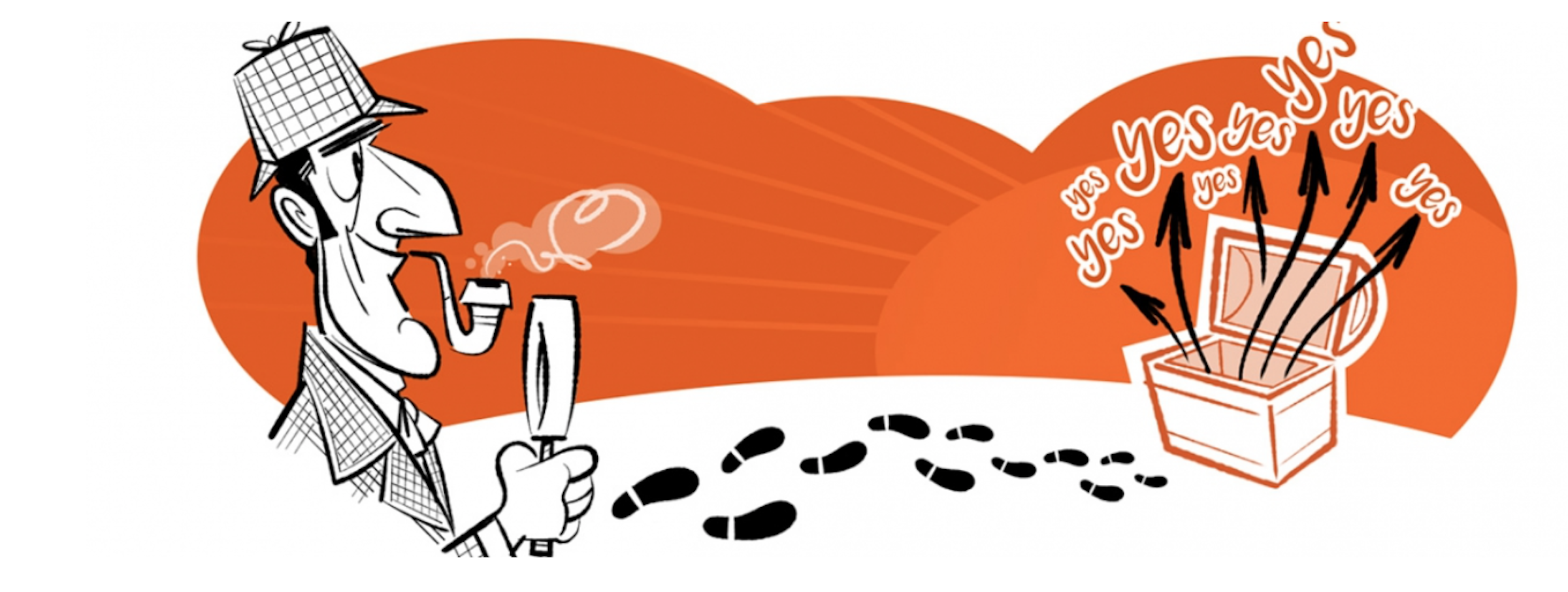How many times have we noticed, as leaders, that we are much more sensitive to people’s weaknesses than to their strengths? And once we’ve noticed that weakness, how often do we go into problem solving mode?
This prevents us from recognizing what people are good at and helping them use their strengths in their professional performance and personal lives. We are reminded of this every time we see parents focus on a child’s only poor grade instead of appreciating the good grades they have obtained in other subjects.
Every organization has its points of success, but often their leaders focus on what isn’t working or has failed. They thus enter a vicious circle of demotivation which is difficult to get out of. Appreciative Inquiry (AI) has arrived with the aim of changing that mentality and infusing organizations with the culture of YES, that is, of what DOES work. The appreciative leader regrets the excessive and unhealthy emphasis on ‘fixing what is wrong’, that is, the traditional deficit-based approach, which wastes so much of an organisation’s time and resources. In the face of these entrenched assumptions, this leader advocates and implements an affirmative or strengths-based approach, assuming that every human system has a positive core of strengths. Thus, the appreciative leader is capable of lining up all the strengths of the organization or a team in the same direction.
The appreciative leader, a breath of fresh air
Appreciative leadership is a relational process to bring out the best in people, organizations and communities, and its ultimate aim is to achieve collective action towards the same goal through: the alignment of strengths, dialogues that generate new realities and collective creation and planning.
It’s a breath of fresh air, another way to lead, which is in line with our current complexity and the need to speed up change.
Everyone who leads has the potential to exercise appreciative leadership, and naturally, using their own strengths and in some ways their own style. Some leaders are more inspiring, others use more process. What changes is the focus: working from abundance instead of seeing scarcity.
How is this leadership developed? Development starts from abundance and simultaneity, as we explain in this other post.
Let’s reiterate: Appreciative Inquiry is a powerful and fast way to mobilize people towards an attractive future image; it drives change by forging positive relationships, sparking creativity and collective action, and inspiring the commitment to action.

